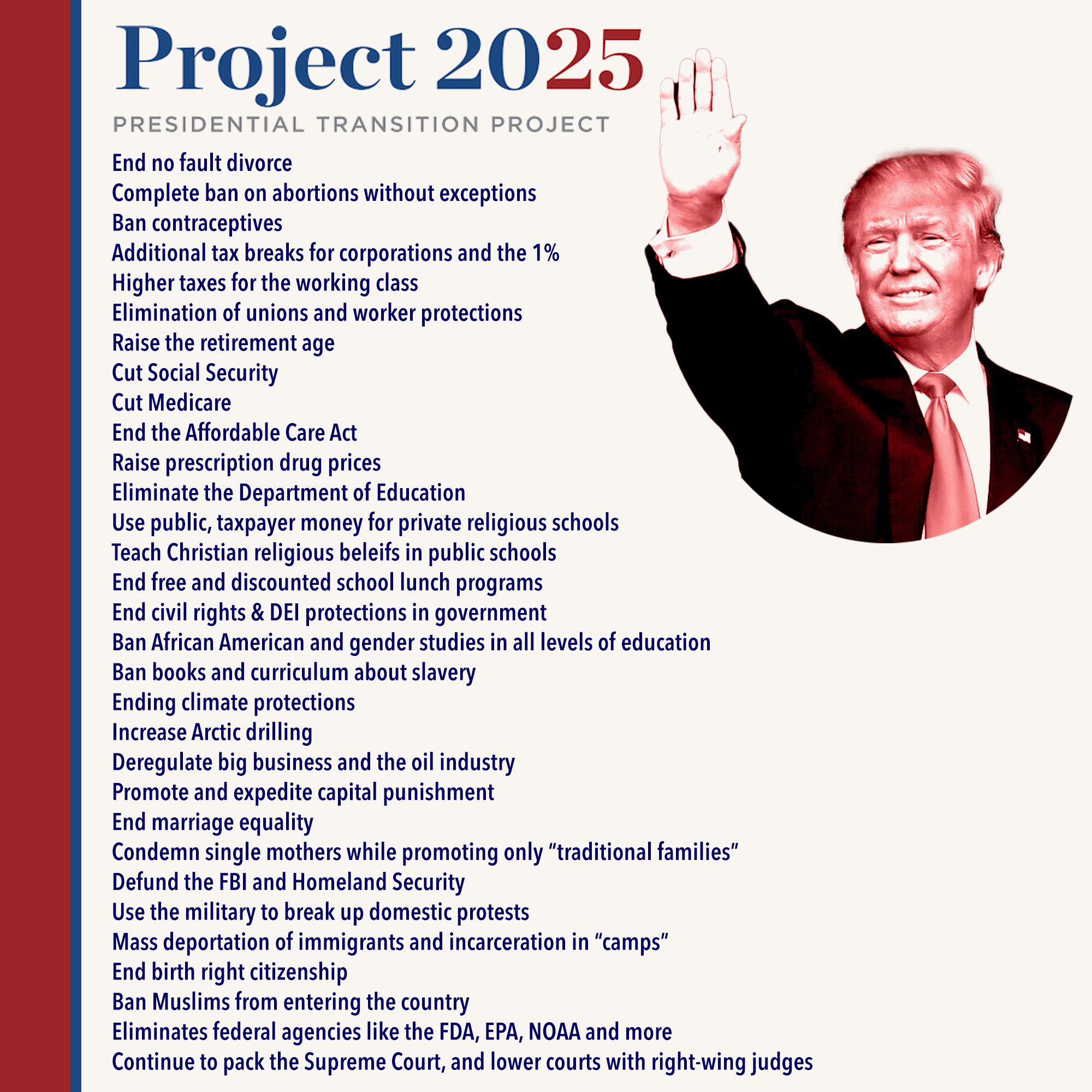Environment
306 readers
16 users here now
Your definitive source for news, information, issues and activism related to the environment.
founded 2 years ago
MODERATORS
1
2
3
4
42
Indonesian president says palm oil expansion won’t deforest because ‘oil palms have leaves’
(news.mongabay.com)
5
6
7
48
Crews Remove Miles of Abandoned, Lead-Coated Telephone Cables From the Bottom of Lake Tahoe
(www.smithsonianmag.com)
8
9
10
11
7
‘This used to be a beautiful place’: how the US became the world’s biggest fossil fuel state
(www.theguardian.com)
12
20
Why saline lakes are the canary in the coalmine for the world’s water resources
(theconversation.com)
14
15
16
17
18
19
20
21
22
23
25
view more: next ›


